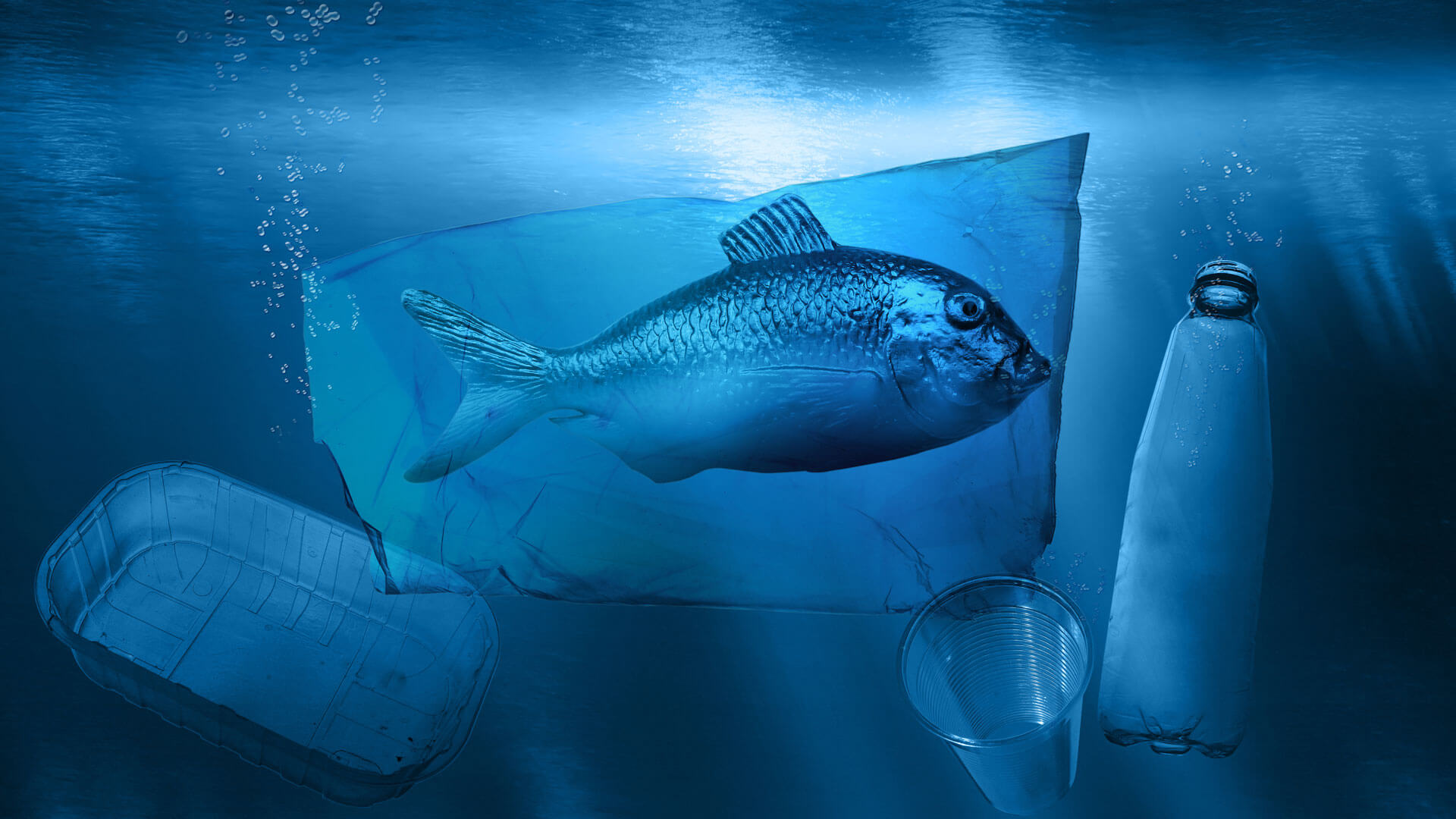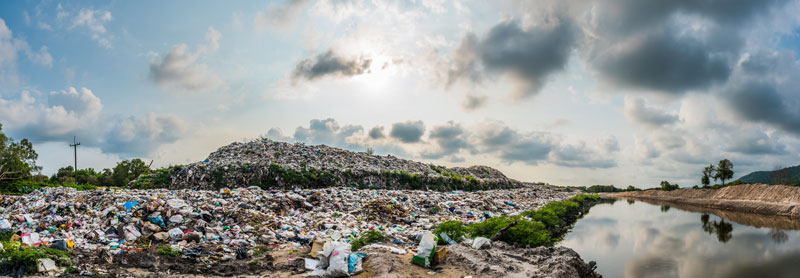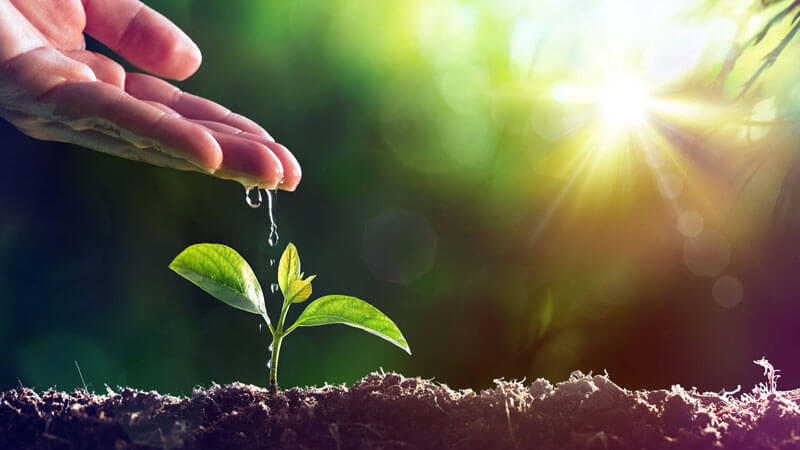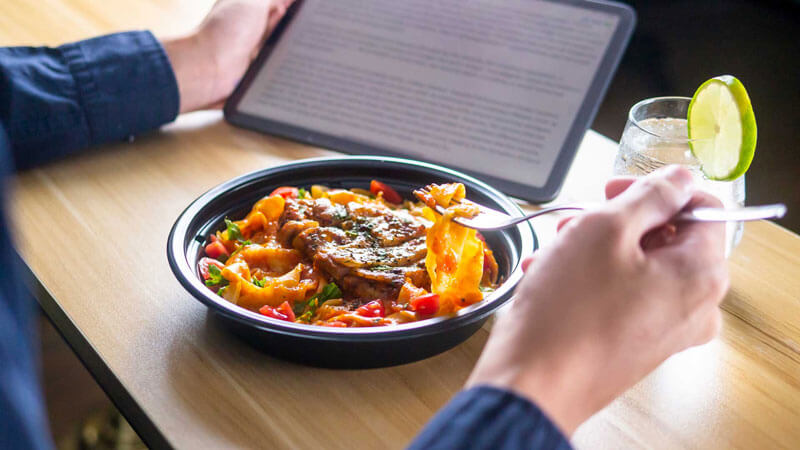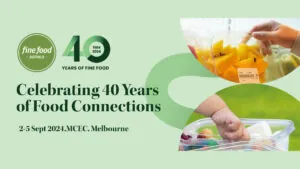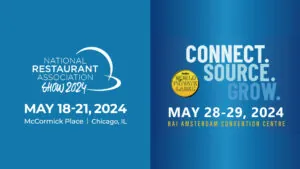Legislation is Tightening for Green Packaging Manufacturers
Green packaging has become a consumer obsession. Consumers are demanding biodegradable plastic packaging for their food products, and doing more research on how packaging is manufactured and disposed of.
Governments and international bodies are responding to public concerns by introducing new laws to control packaging waste management and disposal. They are paying close attention to the scientific evidence behind the eco-friendly claims made by food manufacturers and processors.
The Truth About Biodegradable Plastic Packaging
- Biodegradable claims are being made for marketing purposes
- New certifications identify issues with biodegradable packaging
- Needs to be recyclable and as strong as conventional packaging
- New technology enables genuine naturally biodegradable packaging
Biodegradable plastic packaging claims are being made for marketing purposes
Most plastic packaging options labelled as “biodegradable” are no more environmentally friendly than non-biodegradable plastics. Manufacturers of plastic packaging know that consumers want sustainable packaging options and take any opportunity they can to state products are biodegradable.
New certifications identify issues with biodegradable packaging
In the past this was not difficult because there was no simple quality certification that would identify products that require special treatment and are not naturally biodegradable. Research into biodegradable plastics and new quality certifications have exposed the limitations of conventional biodegradable packaging to the public, who now want something better.
Needs to be recyclable and as strong as conventional packaging
Biodegradable plastics have a poor reputation with consumers and manufacturers because they generally lack the strength, durability and clarity of conventional plastics. They are also not easy to recycle. What people want is sustainable packaging that performs exactly the same as non-biodegradable plastic and can be recycled.
New technology enables genuine naturally biodegradable packaging
South Plastic uses revolutionary Biotransformation ® technology for a certified and truly eco friendly solution. Our Cycle+™ plastic packaging is both biodegradable in the natural environment and made of recyclable materials. This is achieved without compromising on the desirable features of conventional plastic food packaging.
UN Exposes Harmful Biodegradable Plastic Packaging
In 2015 the UN exposed exaggerated and misleading claims by biodegradable plastics manufacturers seeking to exploit the demand for sustainable packaging options. In their report Biodegradable Plastics and Marine Litter: Misconceptions, concerns and impacts on marine environments, the UN raised concerns that many biodegradable plastics are simply marketing exercises and do not safeguard the environment.
The UN highlighted several problems with current biodegradable plastic technology:
- Oxo-degradable plastics produce harmful micro-particles
- Many “biodegradable” plastics require special treatment
- Biodegradable labelling encourages littering
Biodegradable plastic packaging using oxo-degradable manganese were singled out as not achieving benefits in microparticle reduction in real-world scenarios. The UN found plastics labelled as ‘biodegradable’ that require industrial processes and high temperatures that do not occur in the natural environment. These plastics are not naturally biodegradable in litter and landfill disposal. The UN is worried that they may even encourage people to litter if they think the plastic is harmless to the environment.
Greenpeace Raise Continued Concerns About Biodegradable Packaging
Recently Greenpeace raised the issue again when they published a report in December 2020 on the state of biodegradable packaging industry which indicates that most biodegradable plastics are still not good enough and require specialist handling and treatment.
“The use of biodegradable plastics often encounters the question: Can I recycle biodegradable plastics? The simple answer is: No. Although biodegradable plastics, in theory, are valuable to recycle, current biodegradable plastics are not designed to be recycled, nor do dedicated recycling channels exist.” (Greenpeace, 2020 Report)
Greenpeace were unable to find any biodegradable plastics in their study that were made of currently recyclable materials, and stated this was a serious issue that made biodegradable plastics potentially more harmful than recyclable plastics.
Measuring Truly Biodegradable Technology: PAS 9017
A new certification regime, PAS 9017 Plastics. Biodegradation of polyolefins in an open-air terrestrial environment, has been developed to provide an evidence based method of evaluating the claims of biodegradable plastic packaging manufacturers.
PAS 9017 addresses the UN concerns about microplastic generation from biodegradable plastics, and oxo-degradable plastics are unable to meet the PAS 9017 certification requirements.
Biotransformation: Biodegradable & Recyclable Plastic Packaging
Polymateria, a UK company, have taken a scientific, evidence-based approach to develop a new way of achieving biodegradation in the natural environment without harmful by-products. Their solution to green and eco-friendly packaging is different to the conventional biodegradable plastics that are currently available.
- The same performance as conventional plastics
- Meets new certification standards
- Naturally biodegradable on land without producing microplastics
- Recyclable by conventional methods
The same performance as conventional plastics
Polymateria have found a way to modify standard plastics without affecting their strength, clarity and performance. The process makes plastics become naturally biodegradable on land after a specific time has passed.
Meets new certification standards
Evidence based Cycle+™ technology achieves biodegradation through Biotransformation ® , and does not require special treatments or processes. Cycle+™ meets PAS 9017 certification requirements for biodegradation into harmless compounds. Traditional biodegradable plastic manufacturers the UN and Greenpeace continue to criticize cannot meet the requirements for PAS 9017 certification.
Naturally biodegradable on land without producing micro-plastics
Polymateria’s proprietary Biotransformation ® technology provides the only method that can meet standards for complete biodegradation in the natural environment on land without releasing micro-plastics into the oceans.
Recyclable by conventional methods
Treatment with Biotransformation technology ® does not affect the recyclability of plastics that have been modified for biotransformation and they can be recycled by standard methods. No special handling or separation from other plastics is required.
Cycle+™ : A Revolution in Biodegradable Plastic Packaging
South Plastic has partnered with Polymateria to manufacture our Cycle+™ packaging plastic as part of our ongoing commitment to environmental protection and a sustainable economy. Cycle+ is both recyclable and naturally biodegradable, demonstrating to consumers a genuine focus on achievable green solutions.
- Strong, durable, high performance food packaging
- Globally certified for food safety
- Direct swap for conventional food packaging
Strong, durable, high performance food packaging
Cycle+™ is revolutionary because it achieves the same levels of strength, durability and performance as standard plastic formulations, unlike many biodegradable plastic alternatives.
Globally certified for food safety
Cycle+™ is certified for global food packaging and safety requirements to the highest standards required by governments and consumers today.
- FDA & EU Approved Food Contact Plastic Packaging
- Compliant With Biodegradation Standards
- Eco-Toxicity Tested
Direct swap for conventional plastic food packaging
A big advantage is that Cycle+™ can be used in standard food packaging processes without any changes to supply chains or packaging equipment. Most biodegradable plastics require different batch materials, and packaging equipment needs to be modified because they are not as strong as conventional plastics.
Cycle+™ : The One-Stop Solution For Biodegradable Food Packaging
We offer Cycle+™ technology across our wide range of plastic food packaging technologies and product types. This ensures that no matter what our customers require we can provide them with the most environmentally friendly option.
Cycle+™ is cost-effective and completely stable for a preset period of between six months and three years before it begins to break down harmlessly in the natural environment. Our customers are benefitting from Cycle+™ technology for all types of food packaging.
- Biodegradable hinged containers
- Biodegradable deli containers
- Biodegradable two-piece containers
- Biodegradable sushi trays
- Biodegradable bowls
- Biodegradable salad containers
- Biodegradable sealed containers
- Biodegradable take out containers
- Biodegradable large capacity containers
- Biodegradable cup lids
Choosing Cycle+™ plastic packaging maintains the circular economy of recycling with the option of biodegradation in landfill if necessary. South Plastic Cycle+™ enables you to meet environmental standards and fulfil customer expectations without compromising on the excellent quality standards of strength, look and feel that you expect from South Plastic food packaging.
Contact us to discuss how we can provide a genuine biodegradable solution for your sustainable food packaging requirements.

